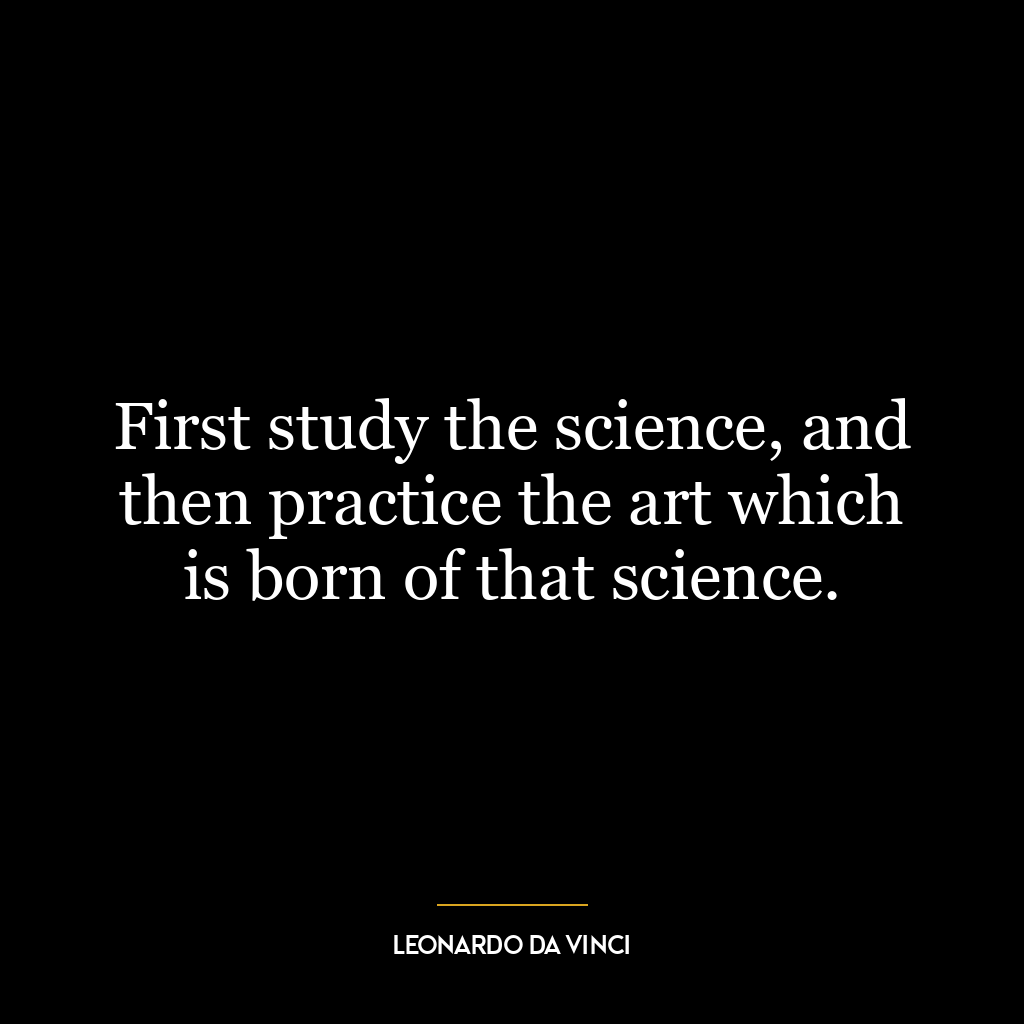This quote suggests that Buddhism aligns with modern science in a unique way, more so than other religions. Buddhism is a spiritual tradition that focuses on personal spiritual development and the attainment of a deep insight into the true nature of life. It does not advocate the acceptance of doctrines or dogmas without question, but encourages inquiry and the application of knowledge to gain wisdom and understanding. This aligns well with the scientific method, which is based on observation, hypothesis, experimentation and conclusion.
In Buddhism, the emphasis is on understanding the world as it is, without illusions or misconceptions. This is similar to the goal of science, which is to understand the natural world and its laws. Additionally, Buddhism’s central teachings, such as the concept of impermanence (that all things are constantly changing) and the interconnectedness of all things, resonate with modern scientific theories such as quantum physics and ecology.
Applying this idea to today’s world, it suggests that adopting a Buddhist perspective could be beneficial in various fields of study and research. For example, in psychology, understanding the Buddhist concept of the mind could provide new insights into mental health and wellbeing. In environmental science, the Buddhist principle of interconnectedness could reinforce the importance of sustainability and conservation.
In terms of personal development, the quote suggests that Buddhism could provide a framework for understanding oneself and the world in a way that is consistent with scientific knowledge. This could lead to a more harmonious balance between one’s spiritual and intellectual life. The practices of mindfulness and meditation, for example, which are central to Buddhism, have been scientifically shown to have numerous benefits for mental and physical health. Adopting these practices could lead to personal growth and improved wellbeing.








